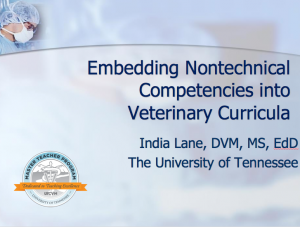It can be difficult to break away from the day to attend Top Hat training, so the Office of Teaching and Learning has created a tutorial to help you learn how to leverage Top Hat in your lectures. This self-paced, interactive module takes about 20 minutes to complete from start to finish and includes video demos and software simulations to help you learn more effectively. If you already use Top Hat and don’t need the whole module, there is an interactive Course Roadmap to take you through to the pieces you want to learn more about.
To start the module, follow this link to Leveraging Top Hat in Presentations.




